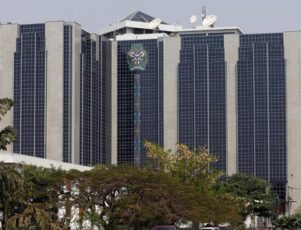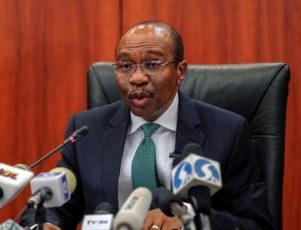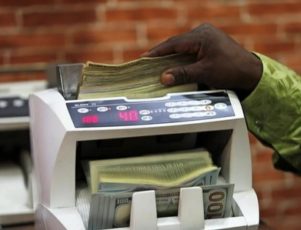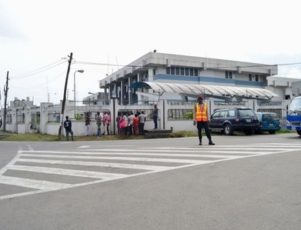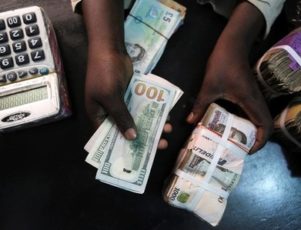LONDON (Reuters) – The Nigerian central bank’s monetary policy committee will finally meet on Wednesday to set interest rates for the first time this year.
Interest rates have been stuck at a record high of 14 percent since July 2016. However, the committee had to cancel its January meeting due to an inability to form a quorum following a number of departures that reduced it to just five out of 12 members.
A majority of analysts taking part in a Reuters poll said they expected rates to stay on hold for now, but that they would be cut later in the year.
Here are three graphics showing Nigeria’s changing economic dynamics.
1/ EASING PRESSURE
The pace of inflation has steadily slowed since the start of 2017, with the core reading hovering close to the 12 percent mark. And with exchange rates fairly stable and demand-related pressures absent, inflation rates could be sinking further, making Nigeria ripe for easier monetary policy.
“After a year of lethargic disinflation, the drop in headline inflation to 14.3 percent in February 2018 ignites hope that inflation is still on a steady course towards the target 9.0 percent ceiling and that conditions could continue improving to favour unwinding the present hawkish monetary stance,” StratLink wrote in a note to clients.
2/ WHERE’S THE GROWTH?
Nigeria returned to growth in 2017 with the economy expanding 0.83 percent after shrinking by 1.58 percent in 2016, which was its first annual contraction in 25 years. However, latest growth figures are still well below its potential, the recovery has been fragile, and private sector credit lending lacklustre.
Political stalemate has been a common occurrence in Nigeria and has hampered reforms, while lawmakers still have to pass the 2018 budget. But with elections coming up in 2019, the heat is on for policy makers to help stimulate growth.
“The main focus will be to try and do something positive to the economy, to try to kickstart bank lending to the economy against a very weak backdrop, where the budget has not been passed and money supply is weak,” said Razia Khan, chief economist for Africa at Standard Chartered.
3/ RISING BUFFERS
Meanwhile a recovery in oil prices, successful debt sales including rolling local into external debt, and a significant amount of portfolio investment have helped replenish the central bank’s coffers. In March, foreign exchange reserves stood at $46.2 billion – a near 9 percent jump month-on-month.
Nigeria’s foreign exchange buffer has climbed 53 percent since March 2017 when it stood at $30.30 billion – though reserves remain far from the peak of $64 billion in August 2008.
(Reporting and graphics by Karin Strohecker; Editing by Gareth Jones)

